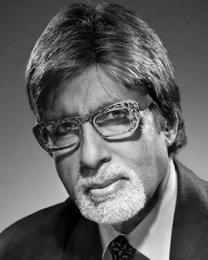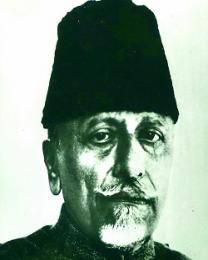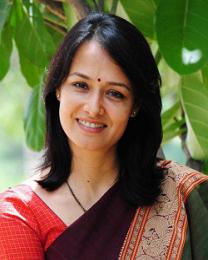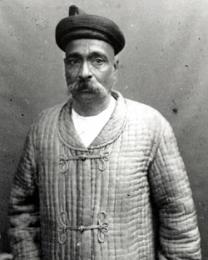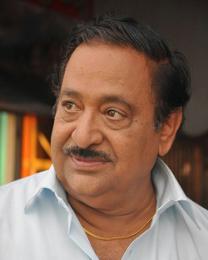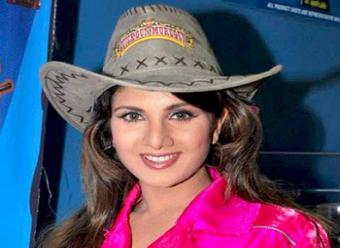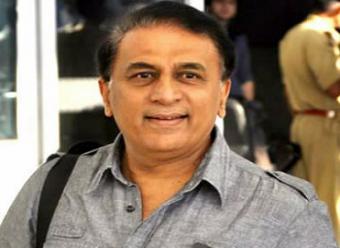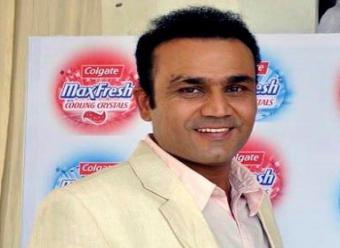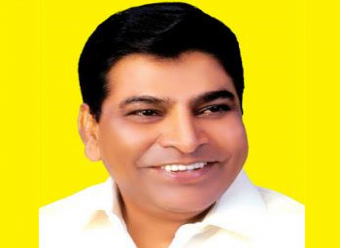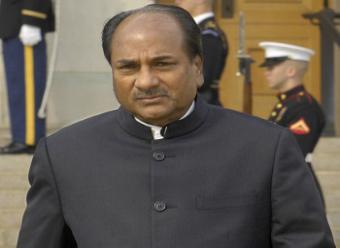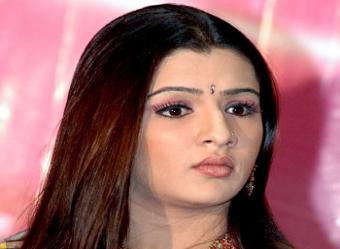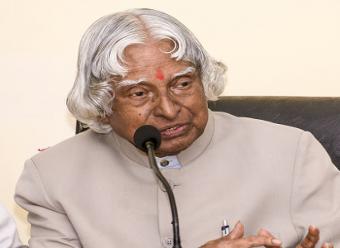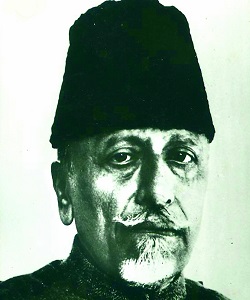Birth Name : Dhanpat Rai Srivastav
Date of birth : 31/07/1880
Place of birth : Lamhi, North-Western Provinces, British India
Category : Writers
Childhood
Premchand's father 'Ajaib Lal' was a post office clerk. His mother was Anandi Devi of Karauni village, who could have been the inspiration for the character Anandi in his Bade Ghar Ki Beti. Premchand was the fourth child of 'Ajaib Lal and Anandi'. His parents named him 'Dhanpat Rai', while his uncle, Mahabir, a rich landowner, nicknamed him 'Nawab'. 'Nawab Rai' was the first pen name chosen by Premchand. Premchand began his education at a madarsa in Lalpur, located around 2½ km from Lamahi. Premchand learnt Urdu and Persian from a maulvi in the madarsa.
In 1900, Premchand secured a job as an assistant teacher at the Government District School, Bahraich, at a monthly salary of 20. Three months later, he was transferred to the District School in Pratapgarh, where he stayed in an administrator's bungalow and tutored his son.
Early Career
His first short novel was 'Asrar e Ma'abid', which explores corruption among the temple priests and their sexual exploitation of poor women. The novel was published in a series in the Benares-based Urdu weekly Awaz-e-Khalk from 8 October 1903 to February 1905. Premchand stayed in Kanpur for around four years, from May 1905 to June 1909. There he met Daya Narain Nigam, the editor of the magazine Zamana, in which he later published several articles and stories. In 1905, inspired by the nationalist activism, Premchand published an article on the Indian National Congress leader 'Gopal Krishna Gokhale' in Zamana. He criticised Gokhale's methods for achieving political freedom, and instead recommended adoption of more extremist measures adopted by 'Bal Gangadhar Tilak'. Premchand's first published story was 'Duniya Ka Sabse Anmol Ratan', which appeared in Zamana in 1907. According to this story, the most precious 'jewel' was the last drop of blood necessary to attain independence. Many of Premchand's early short stories had patriotic overtones, influenced by the Indian independence movement.
Changing the name Premchand
In 1909, Premchand was transferred to Mahoba, and later posted to Hamirpur as the Sub-deputy Inspector of Schools. Around this time, Soz-e-Watan was noticed by the British Government officials, who banned it as a seditious work. The British collector of the Hamirpur District ordered a raid on Premchand's house, where around five hundred copies of Soz-e-Watan were burnt. Subsequently, Dhanpat Rai had to change his pseudonym from "Nawab Rai" to "Premchand".
Later Career
Premchand wanted to settle in Allahabad, where his sons 'Sripat Rai' and 'Amrit Rai' were studying. He also planned to publish Hans from there. However, owing to his financial situation and ill-health, he had to hand over Hans to the Indian Literary Counsel and move to Benares. Premchand was elected as the first President of the Progressive Writers' Association in Lucknow, in 1936. He died on 8 October 1936, after several days of sickness.
Novels
1903: Asrar-e-Ma'abid (Urdu), Devasthan Rahasya (Hindi)
1907: Prema (Hindi), Hamkhurma-o-Ham Sawab (Urdu), Kishna, Roothi Rani
1909: Soz-e-Watan
1912: Vardaan (Hindi), Jalwa-e-Isar (Urdu)
1922: Premashram (Hindi), Gosha-e-Afiyat (Urdu)
1924: Seva Sadan (Hindi), Bazaar-e-Husn (Urdu), Rangbhoomi (Hindi), Chaugan-e-Hasti (Urdu)
1925: Nirmala
1926: Kaayakalp (Hindi), Parda-i-Majaz (Urdu)
1927: Pratigya (Hindi), Bewa (Urdu)
1928: Gaban (also transliterated as Ghaban)
1932: Karmabhoomi (Hindi), Maidan-e-Amal (Urdu)
1936: Godaan
Short stories
Adeeb Ki Izat
1907: Duniya ka Sabse Anmol Ratan
1910: Bade Bhai Sahab
1915: Beti ka Dhan, Saut
1916: Sajjanata ka dand, Panch Parameshvar
1917: Ishwariya Nyaya, Durga ka Mandir, Updesh
1918: Balidan
1920: Putra Prem
1921: Boodhi Kaki (The Old Aunt)
1923: Pariksha
1924: Shatranj ke khiladi (Hindi), Shatranj ki bazi (Urdu)
1926:Hinsa Parmo Dharma, Ghasvali
1933: Idgah
1934: Nashaa
1936: Kafan
1937: Cricket Match
Gupt Dhan
Mantra
Namak Ka Daroga
1930: Poos ki raat
Lottery
Translations
| Premchand's title | Original |
| Ahankar | Thais by Anatole France |
| Azad Katha | Fasana-e Azad (1880) by Ratan Nath Dhar Sarshar |
| Parvat Yatra | Sair-e-Kohsar (1890) by Ratan Nath Dhar Sarshar |
| Chandi Ki Dibiya | Silver Box (1906) by John Galsworthy |
| Hartal | Strife (1909) by John Galsworthy |
| Nyaya | Silas Marner by George Eliot |
| Tolstoy Ki Kahaniyan | Stories of Leo Tolstoy |



